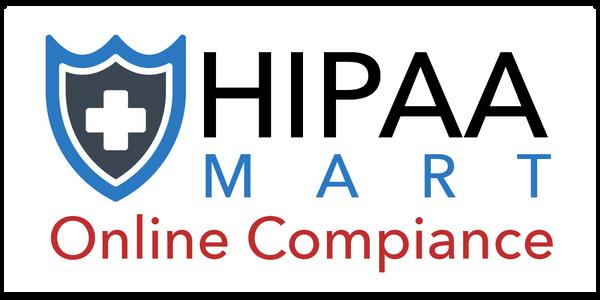




The Health Insurance Portability and Accountability Act (HIPAA) sets forth guidelines and regulations to safeguard protected health information (PHI) and ensure patient privacy and confidentiality. HIPAA compliance is essential for all healthcare providers, including dental offices. Proper training on HIPAA regulations is crucial to ensure that dental office staff members understand their responsibilities and maintain compliance with the law. This document provides an overview of HIPAA training requirements for dental offices, including who needs training, what topics should be covered, and how training can be conducted effectively.
All Staff Members: HIPAA training is mandatory for all staff members of a dental office who have access to PHI. This includes dentists, dental hygienists, dental assistants, receptionists, billing staff, and any other individuals who handle patient information.
Business Associates: Dental offices often work with third-party service providers, such as billing companies or IT vendors, who may have access to PHI. These business associates are also required to undergo HIPAA training to ensure they understand their obligations regarding patient privacy and security.
Overview of HIPAA Regulations: Training should provide an introduction to the HIPAA law, its purpose, and the importance of protecting patient privacy and confidentiality.
Protected Health Information (PHI): Staff should be educated on what constitutes PHI, including examples of PHI commonly encountered in dental offices, such as patient records, appointment schedules, and billing information.
Privacy Rule: Training should cover the HIPAA Privacy Rule, which governs the use and disclosure of PHI. Staff should understand the requirements for obtaining patient consent, handling patient requests for access to their records, and maintaining patient confidentiality.
Security Rule: The HIPAA Security Rule establishes standards for safeguarding electronic PHI (ePHI).
Training should address security measures such as access controls, encryption, password protection, and data backup procedures to prevent unauthorized access or breaches.
Breach Notification: Staff should be trained on the procedures for responding to and reporting breaches of PHI, including when and how to notify affected individuals, the Department of Health and Human Services (HHS), and potentially the media.
HIPAA Policies and Procedures: Training should familiarize staff with the dental office's HIPAA policies and procedures, including policies related to patient privacy, data security, and incident response.
Consequences of Non-Compliance: Staff should understand the potential consequences of HIPAA violations, including civil monetary penalties, criminal penalties, and reputational damage to the dental practice.
Instructor-Led Training: Conducting in-person or virtual instructor-led training sessions allows for interactive learning and discussion of HIPAA principles. Trainers can tailor the content to the specific needs of the dental office and address staff questions and concerns.
Online Training Modules: Online HIPAA training modules offer flexibility for staff members to complete training at their own pace. These modules can include multimedia components such as videos, quizzes, and case studies to enhance learning.
Written Materials: Distributing written materials such as handbooks or manuals that summarize HIPAA requirements and office policies can serve as a reference for staff members to review independently.
On-the-Job Training: Incorporating HIPAA principles into daily workflows and job responsibilities reinforces staff understanding and compliance. Managers should provide ongoing guidance and feedback to ensure staff members follow proper procedures.
HIPAA training is essential for dental offices to protect patient privacy, maintain data security, and comply with legal requirements. By ensuring that all staff members receive comprehensive training on HIPAA regulations and office policies, dental practices can minimize the risk of HIPAA violations and safeguard patient information effectively. Regular training updates and reinforcement of HIPAA principles are necessary to adapt to changes in regulations and maintain compliance over time.
www.hipaamart.com